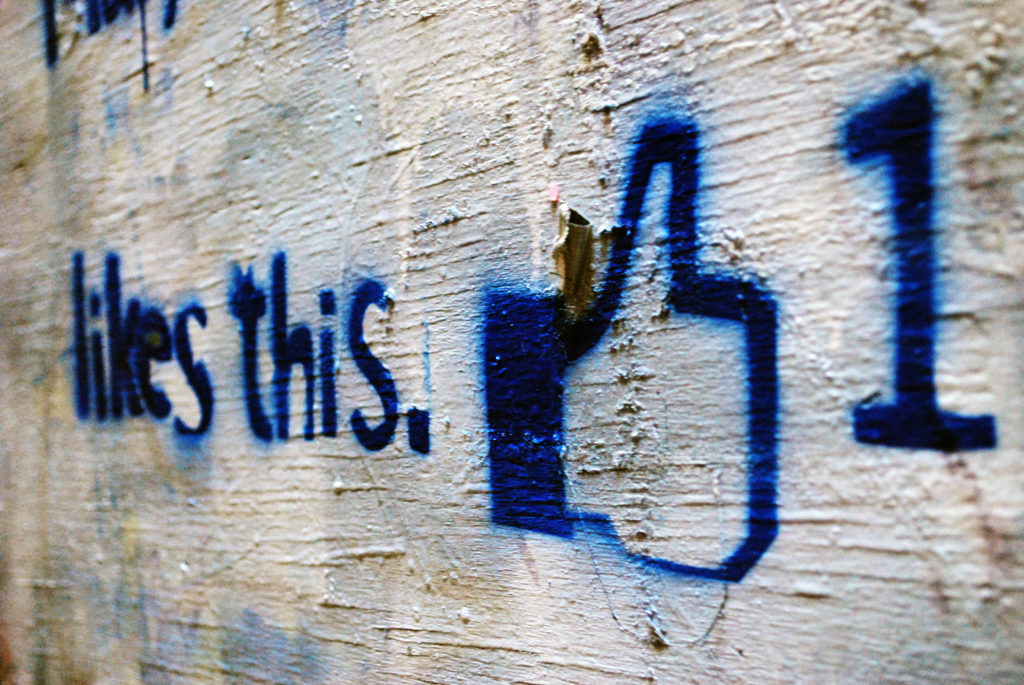Global – Today Access joined a coalition of international organizations to launch a campaign demanding essential changes to Facebook’s “real name” policy. In an open letter to Facebook, the Nameless Coalition detailed the policy’s harmful impacts on sexual, religious, and ethnic minorities, as well as journalists and indigenous peoples.
The coalition includes Electronic Frontier Foundation, Human Rights Watch, Bytes for All (Pakistan), and many others. An appendix is attached to the open letter that gives examples of the harm people all over the world have have suffered as a result of the current policy. The inability to use a pseudonym has placed people using Facebook in danger, making them targets of persecution and harassment both on- and offline.
“Facebook knows this policy enables discrimination and imposes blanket cultural norms without regard to local customs or individual identities,” said Peter Micek, Senior Policy Counsel at Access. “As it welcomes the next billion people to its platform, Facebook shouldn’t require them to conform with strict, senseless standards that are insecurely enforced. Facebook should do the right thing and fix the real name policy with the practical solutions we’ve presented or, better yet, eliminate it altogether.”
The letter notes that while the real name policy has been ruled illegal in Europe, that there are several important changes Facebook could make right now, demanding that the company:
- Commit to allowing pseudonyms and non-legal names on its site in appropriate circumstances, including but not limited to situations where using an everyday name would put a user in danger, or situations where local law requires the ability to use pseudonyms.
- Require users filing real name policy abuse reports to support their claims with evidence. This could come in written form, multiple-choice questions, or some alternative documentation.
- Create a compliance process through which users can confirm their identities without submitting government ID. This could include allowing users to submit written evidence, answer multiple-choice questions, or provide alternative documentation such as links to blog posts or other online platforms where they use the same identity.
- Give users technical details and documentation on the process of submitting identity information such as where and how it is stored, for how long, and who can access it.
- Provide users with the ability to submit this information using PGP or another common form of encrypted communication, so they may protect their identity information during the submission process.
- Provide a robust appeals process for users locked out of their accounts. This could include the ability to request a second review, to submit different types of evidence, and to speak to a real Facebook employee, especially in cases involving safety.
The campaign includes a petition for users to take action. Facebook has been asked to respond by October 31.
“European authorities have already banned the real name policy, yet Facebook has not yet complied,” Micek continued. “It’s time for Facebook to change this outdated and dangerous policy and to respect and protect all of us online.”
You can read the open letter here.
Media contacts
Peter Micek
Global Policy and Legal Counsel, Access
[email protected]
tel: +1-888-414-0100 x709
Deji Olukotun
Senior Global Advocacy Manager, Access
[email protected]
tel: +1 415-935-4572
